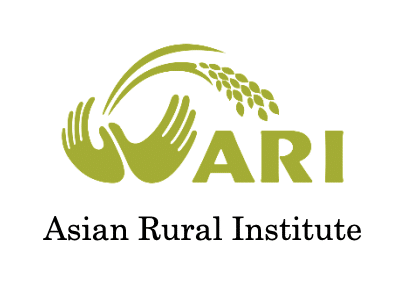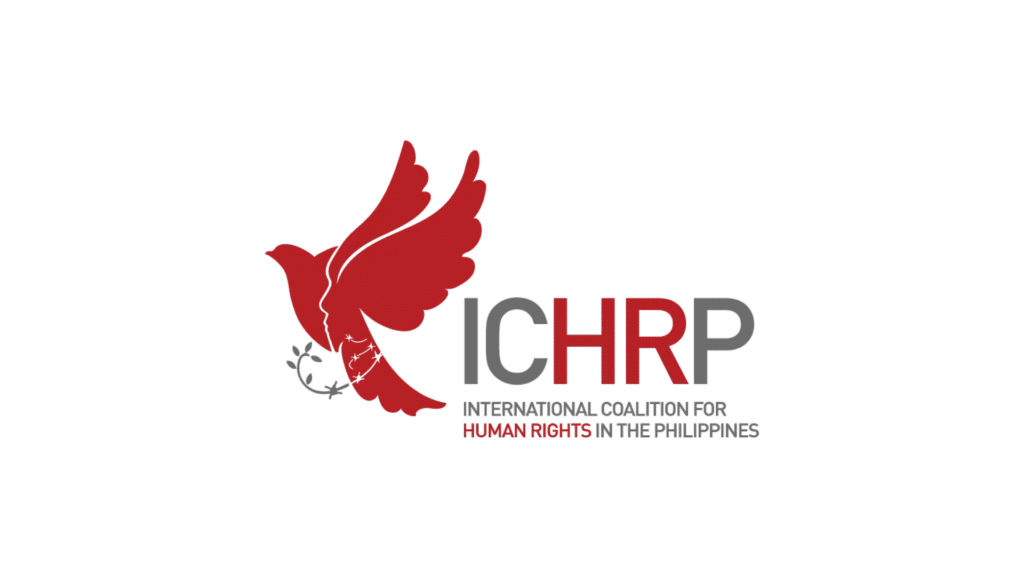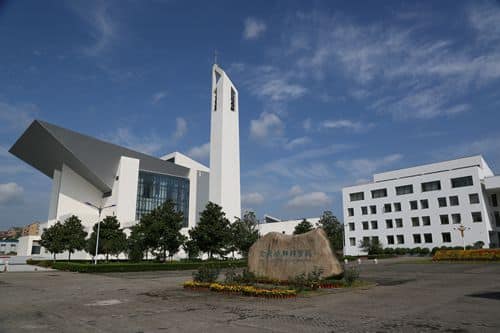Moro Women’s Center
Philippines
Click here to read the latest update.
The Moro Women’s Center was begun by Christian, Muslim, and tribal women with the intention of providing protection from the loss of their husbands, fathers, brothers, and sons to conscription by the military. Annual war game maneuvers, referred to as the Balikatan Exercises, are part of the Philippines’ overall and ongoing defense and security cooperation with the United States. These military maneuvers have been justified as a means of controlling Islamic extremists despite opposition from various groups and individuals. The massive militarization has created disenfranchisement and dislocation of entire communities. The Moro women, along with other Muslim women, Christians, and non-governmental organizations have stood united in their fight for justice and equality. They have fought for their rights to stay on their land and their ancestor’s land.
Today, the Moro Women’s Center is a primary resource for providing vital income-generating vocational training in addition to being a steadfast advocate for Moro people. The Center also has organized daycare centers in various communities and provides relief programs to those who have been displaced due to military activities. The Moro Women’s Center is providing solutions for victimized inhabitants to live their lives without disruption from the Philippine government and foreign interests.
Global Ministries is working closely with its partner, the United Church of Christ in the Philippines (UCCP), in their support of the Moro Women’s Center. The UCCP and Global Ministries have been in partnership for many years. The United Church of Christ in the Philippines maintains the priorities: interfaith dialogue, education and development, and in doing justice, seeking peace, and building community.
Update: August 2015
In the spirit of the center’s mission to provide solutions for victimized inhabitants, the Moro Women’s Center is assisting individuals whose human rights were violated under Martial Law, during the reign of Ferdinand Marcos to file grievances with the Human Rights Victims Claims Board. Filing these claims will allow human rights victims to receive recognition and reparation for their sacrifices made under Martial Law.
In addition, as an expression of the center’s commitment to providing relief programs for displaced communities, the Moro Women’s Center has taken action to assist the Lumad (an indigenous people group of the southern Philippines) evacuees. Throughout May and June of 2015, the Moro Women’s Center joined with the United Church of Christ in the Philippines Pastors and the Peoples Organization to provide tent housing for the Lumad evacuees, which were predominately from the Bla’an tribe. These individuals and families were seeking refuge from military presence in their home communities, which has had a harmful effect on their lives and livelihood. Since the arrival of military operations, the Lumad people have been victims of aerial bombing, indiscriminate firing, torture, destruction of property and many other violent acts. The United Church of Christ in the Philippines, including the Moro Women’s Center, hosted approximately 100 families and more than 400 individuals. In addition to providing basic shelter, the Moro Women’s Center along with its counterparts, worked to provide for other needs, including food, during the time of relief for the Lumad evacuees.
Support this Ministry
To make a gift for this ministry online or by check use the online donation page.
- 100% of your gift will be directed to Moro Women’s Center
- You will receive updates on the work in this area as they become available
- Share in the vision of God’s abundant life for all people
Related Content
Community at the Asian Rural Institute
By Lauren Reddin, Global Mission Intern at the Asian Rural Institute, Japan It has been a...
Read MoreICHRP Welcomes Duterte’s Arrest: A Landmark Step Towards Justice
The International Coalition for Human Rights in the Philippines (ICHRP) welcomes the arrest of...
Read MoreUpdate from Jinling Theological Seminary
Written by: G Lou, Mission Co-Worker in East Asia & Pacific Region Dear Brothers and...
Read More


